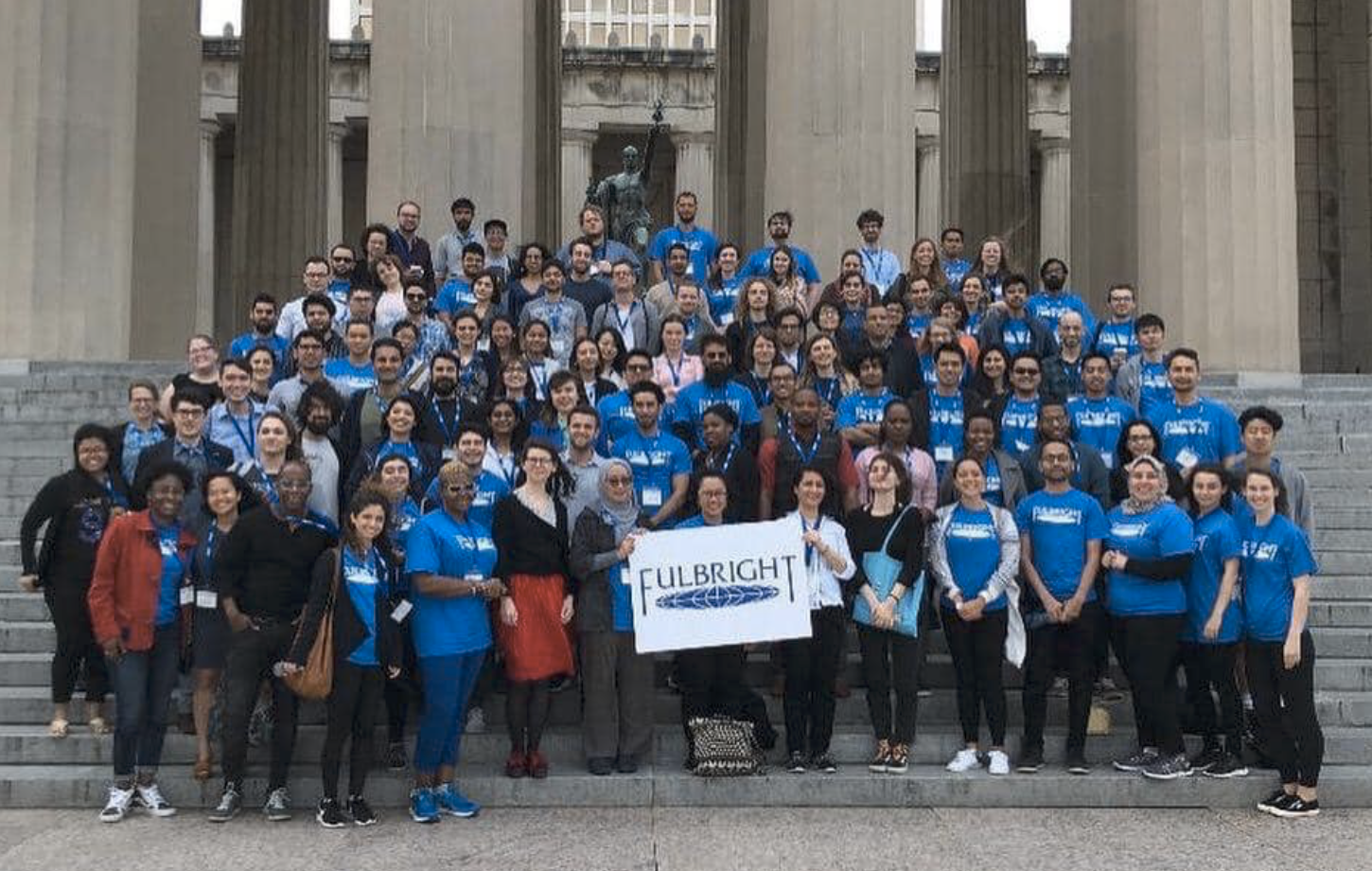Sarwa’s journey began when she first encountered the captivating scent of books at a tender age, establishing a connection with the enigmatic stories harbored within their pages. Following the Gulf War and the subsequent Kurdish Uprising in 1991, however, acquiring books became a considerable challenge.
Fortunately, fate favored Sarwa, as her two aunts were fervent readers and captivating poets. Immersed in Kurdish literature, they frequently recited verses addressing freedom, conflict, and the role of women to friends and family. Until the age of eight, Sarwa’s understanding of her aunt’s poems remained vague, yet she sensed the passionate anger underlying their words. These verses ignited her memories of visits to their homes, where she eagerly plucked children’s poetry books from their shelves.

Poetry as a refuge
Upon her arrival in the United States for her second master’s degree in creative writing, Sarwa encountered inquiries from professors and friends regarding her decision to pursue poetry. While born of curiosity, these questions prompted her to reflect on the profound challenges she had faced in her home country – a post-conflict, patriarchal society where even composing a poem could jeopardize not only one’s reputation but also one’s life.
Poetry became a refuge for Sarwa, a hidden attic where she could safeguard thoughts deemed too precarious to openly express in her conservative and close-knit community. It thus served as a sanctuary for ideas that carried inherent risks within her society.
During her formative adolescent years, Sarwa grappled with a profound sense of exclusion and disorientation. The stifling constraints imposed by family and society overwhelmed her naturally adventurous spirit. Although her mind yearned for unexplored horizons, her body felt confined, trapped by societal norms. This disconnect between her mind and body left her restless.
However, a turning point arrived, bringing with it an epiphany. She realized the necessity of liberating herself from the rigid traditions and norms that constrained her. Her yearning for freedom extended beyond her mind; her body, too, longed to venture beyond its comfort zone and confront its deepest fears.

Activism and collective knowledge
This revelation ignited a journey of self-discovery, where Sarwa sought pathways to break free and carve a trail that resonated with her true essence. Her first courageous step involved joining a cultural center for women when she was 20. As a young activist, she engaged in workshops and seminars to raise awareness about gender-based violence and discrimination in her post-war community.
Years later, she participated in a project aimed at collecting narratives from Kurdish women, titled “Many Women, Many Words.” The project provided survivors of Saddam Hussein’s genocidal Anfal Campaign against the Kurds the opportunity to recount their lives in their own voices. By revisiting these traumatic experiences, Sarwa recognized the importance of preserving and providing access to collective knowledge.
Much of Sarwa’s writing delves into her reflections on a traumatic childhood in the post-war Kurdistan Region. The war had a profound impact on Kurdish children, leaving them emotionally detached from their parents and vulnerable. Amid the devastation, these children sought solace by creating makeshift play areas among the ruins of their neighborhoods and schools, using the remnants of war. Through her poetry, Sarwa endeavors to capture the world of children grappling with the challenge of rebuilding their lives in the aftermath of conflict.

Sharing experience through writing
Sarwa’s writings have been published in numerous international journals and publications. Her work strives to inspire the community to stand against gender-based violence and advocate for equal and healthy relationships. She believes that activism can take on various forms, including artistic expression and creativity. She emphasizes the power of sharing experiences through writing as a potent means to convey narratives, exchange personal encounters, and address global imbalances, ultimately working towards eliminating gender disparities and the underlying systemic causes.
Through her transformative experiences in the United States, Sarwa embarked on an exploration that unveiled the multifaceted meanings of “home.” This experience expanded her creative perspectives and provided insight into how displaced individuals, including herself, perceive their new surroundings. Lastly, living and studying abroad allowed Sarwa to connect with her emotions more deeply and share her experiences with poets from diverse nationalities.

